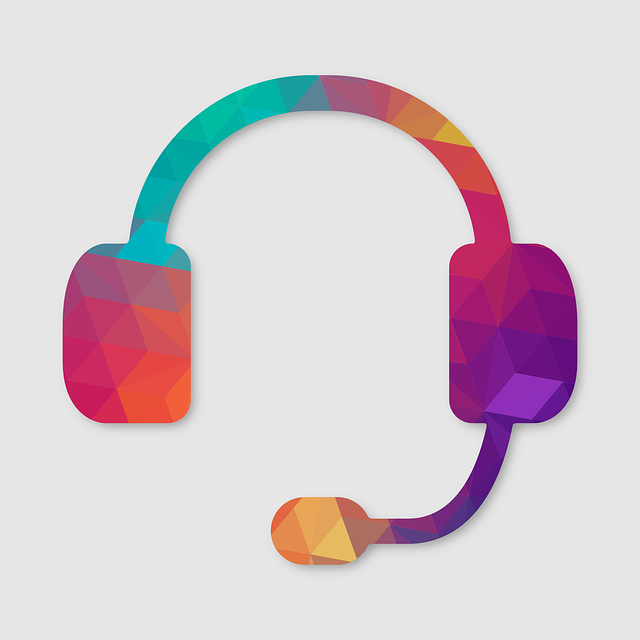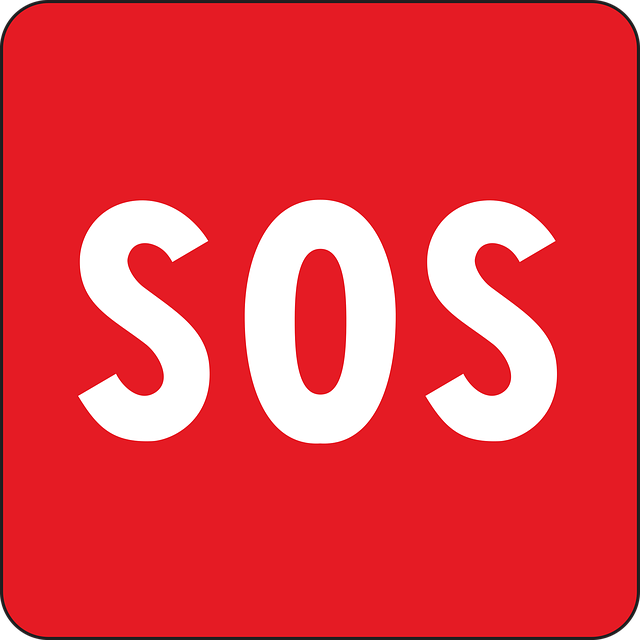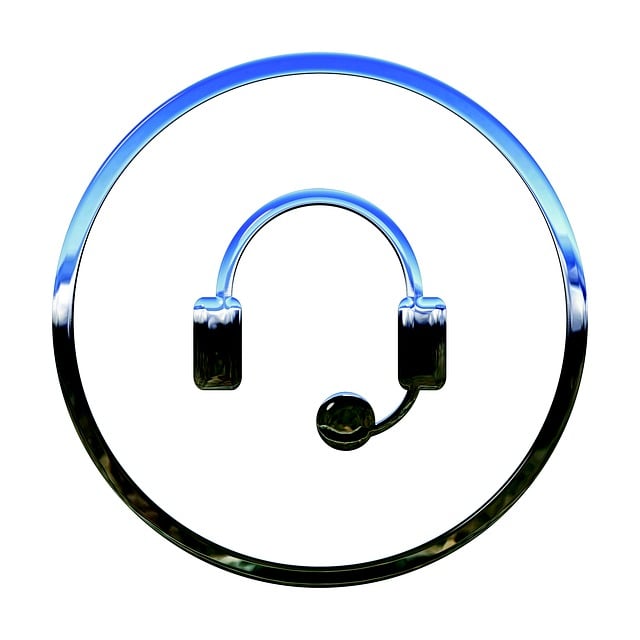HIPAA call center support safeguards sensitive medical data privacy through stringent standards, vital for frequent healthcare provider-patient communication. Compliance involves robust security measures during data transmission and storage, along with specialized training for agents handling Protected Health Information (PHI). These centers use advanced encryption, access controls, regular backups, and comprehensive staff training to protect ePHI, fostering trust between providers and patients in the healthcare ecosystem. Effective HIPAA support mechanisms are crucial for secure patient information management in today's digital landscape.
In today’s digital age, healthcare providers require robust HIPAA-compliant call center services to safeguard patient information. This article delves into the essential components and best practices for establishing secure communication channels. We explore how call centers can meet stringent HIPAA standards, ensuring patient privacy and data protection. From secure data handling to agent training on HIPAA guidelines, learn how technology plays a pivotal role in maintaining compliance and fostering trust in healthcare interactions. Discover the key strategies for delivering reliable HIPAA call center support.
- Understanding HIPAA Standards and Their Relevance in Call Centers
- Key Components of a HIPAA-Compliant Call Center Service
- Secure Data Handling Practices for Healthcare Information
- Patient Privacy and Communication Security Measures
- Best Practices for Training Agents on HIPAA Guidelines
- The Role of Technology in Ensuring HIPAA Compliance
Understanding HIPAA Standards and Their Relevance in Call Centers

HIPAA standards are a set of regulations designed to protect sensitive medical data privacy and ensure the secure handling of protected health information (PHI). In the context of call centers, these standards are paramount as they deal with frequent communication between healthcare providers and patients. Call center services that offer HIPAA-compliant support are crucial for maintaining the confidentiality and integrity of patient records.
This compliance involves implementing robust security measures to safeguard HIPAA support system data during transmission and storage. Call center agents undergo specific training to handle protected health information with utmost care, ensuring they understand their responsibilities in protecting patient privacy. Adherence to these standards not only meets legal obligations but also instills trust between healthcare providers and patients, knowing their sensitive information is secure.
Key Components of a HIPAA-Compliant Call Center Service

To ensure patient information remains secure, a HIPAA-compliant call center service incorporates several key components. Firstly, it employs robust security measures like encryption and access controls to protect sensitive data during transmission and storage. This includes implementing firewalls, antivirus software, and regular security updates to prevent unauthorized access.
Secondly, staff receive comprehensive training on HIPAA regulations and best practices for handling protected health information (PHI). They learn about patient confidentiality, secure communication protocols, and incident response procedures. Moreover, the call center must establish clear policies and procedures for managing medical data privacy, ensuring every interaction adheres to stringent industry standards. This way, it provides a safe and reliable platform for secure clinic communication among healthcare providers.
Secure Data Handling Practices for Healthcare Information

In the healthcare industry, where sensitive patient data is regularly exchanged, secure data handling practices are paramount. HIPAA call center support services play a critical role in ensuring that patient confidentiality remains intact. These specialized centers adhere to stringent guidelines set by the Health Insurance Portability and Accountability Act (HIPAA) to protect private health information. With advanced training and state-of-the-art technology, agents handle data securely, maintaining the integrity of patient records during every interaction.
Implementing robust security measures, including encryption, access controls, and regular data backups, healthcare call centers safeguard not just electronic protected health information (ePHI) but also any shared verbal data. These practices ensure that clinic communications remain confidential, fostering a reliable HIPAA support system that strengthens the bond between providers and patients. Patient confidentiality services are thus enhanced, contributing to seamless, secure interactions within the healthcare ecosystem.
Patient Privacy and Communication Security Measures

Patient privacy and secure communication are paramount in healthcare, especially when sensitive information is involved. HIPAA call center support plays a pivotal role in ensuring patient confidentiality services by adhering to strict standards set forth by the Health Insurance Portability and Accountability Act (HIPAA). These specialized centers implement robust security measures to safeguard protected health information (PHI) during every interaction.
Through advanced encryption techniques, secure data storage, and comprehensive training for staff, healthcare providers can trust that their patient’s data is handled with the utmost care. This ensures not only the privacy of patients but also fosters a reliable HIPAA support system, enabling seamless and safe communication between medical professionals and patients.
Best Practices for Training Agents on HIPAA Guidelines

Training agents on HIPAA guidelines is a multifaceted process that involves instilling a deep understanding of protected health information (PHI) and its security protocols. Best practices include comprehensive orientation sessions where new hires are introduced to the legal and ethical implications of handling PHI, with practical examples to clarify these concepts. Regular, interactive workshops focused on specific HIPAA rules, such as Privacy and Security Rules, should be conducted to ensure continuous learning and adaptation to changing regulations.
A robust HIPAA support system within the call center encourages agents to ask questions and seek clarification when unsure. This includes dedicated resources like internal forums or direct access to legal and compliance teams for guidance. Moreover, role-playing scenarios tailored to potential HIPAA violations help agents navigate sensitive conversations securely, ensuring patient data remains confidential and secure clinic communication is maintained at all times.
The Role of Technology in Ensuring HIPAA Compliance

In today’s digital era, healthcare organizations rely heavily on technology to manage and transmit patient information securely. This is where HIPAA-compliant call center services play a pivotal role. These specialized centers implement robust technology solutions to safeguard medical data privacy and ensure patient confidentiality services. Advanced encryption protocols, secure communication channels, and automated data management systems are some of the tools employed to meet strict HIPAA standards.
By integrating these technologies, call centers provide a reliable HIPAA support system for healthcare providers. They enable secure transmission of sensitive information, prevent unauthorized access, and maintain the integrity of patient records. This not only ensures compliance with legal regulations but also fosters trust between patients and healthcare providers, knowing their data is in capable and protected hands.
